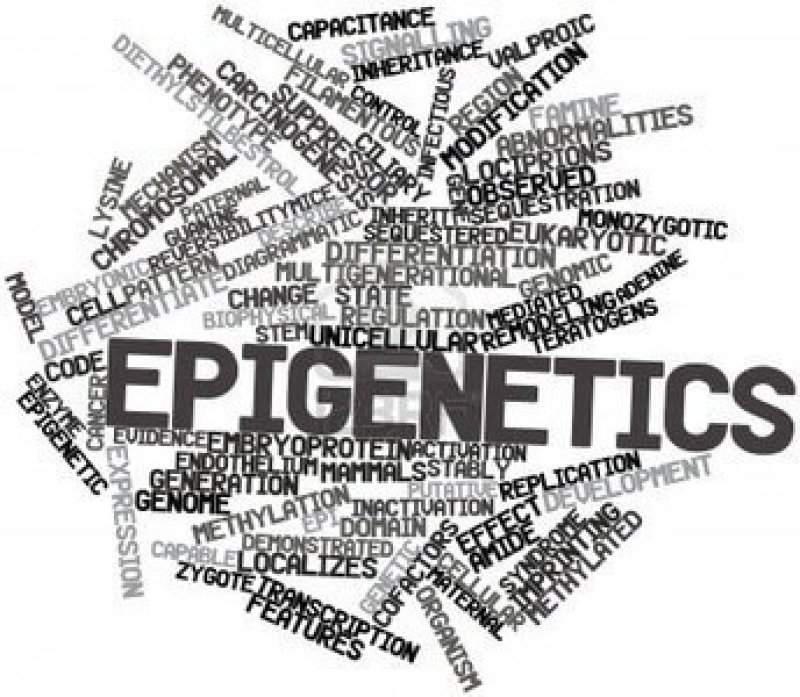Every bird on [Good Shepherd Ranch] was hatched there, from an egg that was laid there, from parents that were hatched and raised there before them. The farm is a living archive of history and genetics, preserved because the birds bring [Frank Reese, the ranch owner,] joy—and also because he believes, in defiance of the trends of decades, that the poultry industry erred in sacrificing them, and will someday need them again.
…
Reese’s chickens and turkeys ought to be valuable. They preserve the genetic sources of sturdy immune systems that require no antibiotics, balanced bodies that allow them to run and flap, instincts that allow them to find their own food and teach their chicks to do the same. They are utterly unlike commercial broilers, and also unlike the hybrid Broad-Breasted White turkey, developed in the 1960s and now the staple of every commercial turkey company, which is so unbalanced by its overgrown breast muscles that it cannot get into position to mate and has to be artificially inseminated.
They grow slowly, as did all birds before the hybrids arrived. Reese’s chickens take 16 weeks to reach what would be slaughter weight, compared to six weeks for modern broilers. The turkeys take six months and would live to five years if allowed.
The GLP aggregated and excerpted this article to reflect the diversity of news, opinion and analysis. Read full, original post: Meet the man fighting to save our country’s rarest chickens
































